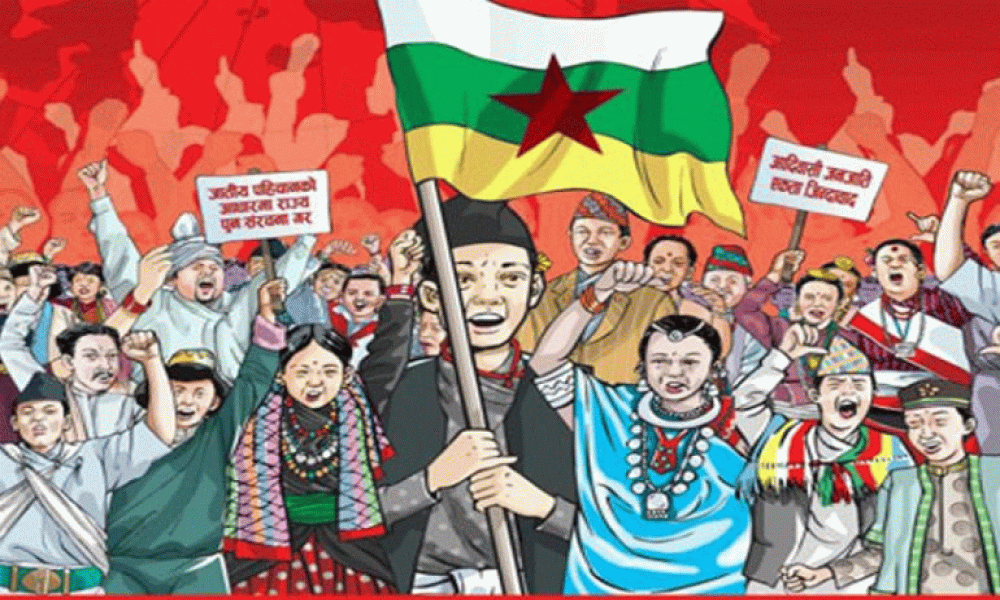Kunsang Lama
Nepal's Adivasi Janajatis had long been demanding a constitutional commission for their socio-economic development. The recently-promulgated constitution granted it, but they are still not satisfied. They suspect that it could just be a ploy by the state to tell the international community that it is serious about granting rights to Adivasi Janajatis.
But there are strong reasons why Adivasi Janajatis are not satisfied with the new constitution's provision to set up a Janajati commission. Provisions about the commission are vague, and they feel that it could be a toothless body. Adivasi Janajatis want a strong commission that could guarantee their identity and uplift them socially and politically.
The constitution says the commission will have five members including one president, and its tenure will be six years. But the constitution is silent about roles, responsibility and power of the commission.
The constitution says the commission will have five members including one president, and its tenure will be six years. But the constitution is silent about roles, responsibility and power of the commission.
Most importantly, the constitution is silent about whether the government will have to follow recommendations to be made by the commission. There are no clear provisions, and there is speculation that recommendations by the government will just be gathering dust.
We want a Janajati commission to ensure that the government implements all international laws that ensures rights of indigenous people. The Nepal state has ratified International Labour Organization (ILO) convention 169 and other laws that ensure prior rights of indigenous people over natural resources. But the state is not serious about implementing these international laws. This is where lies the importance of a Janajati commission. But a commission without such power and guidelines will not serve its real purpose.
The Janajati commission should be powerful enough to recommend legal actions against government agencies involved in depriving indigenous people of their rights
The Janajati commission should be powerful enough to recommend legal actions against government agencies involved in depriving indigenous people of their rights. It must have mandate and resources to preserve and promote multiple cultures and languages of various indigenous communities. We already have an Adivasi Janajati Utthan Pratisthan, so a constitutional commission should have far more power.
The constitution leaves role, responsibility and power of the commission to be defined by future federal laws. And no one knows how these laws will look like. It would have been better if the Janajati commission had been defined well in the constitution itself. But we have missed that opportunity, and we now need to keep in mind while formulating future federal laws that indigenous people's rights are an integral aspect of internationally-recognized human rights.
(The writer is an advocate)









